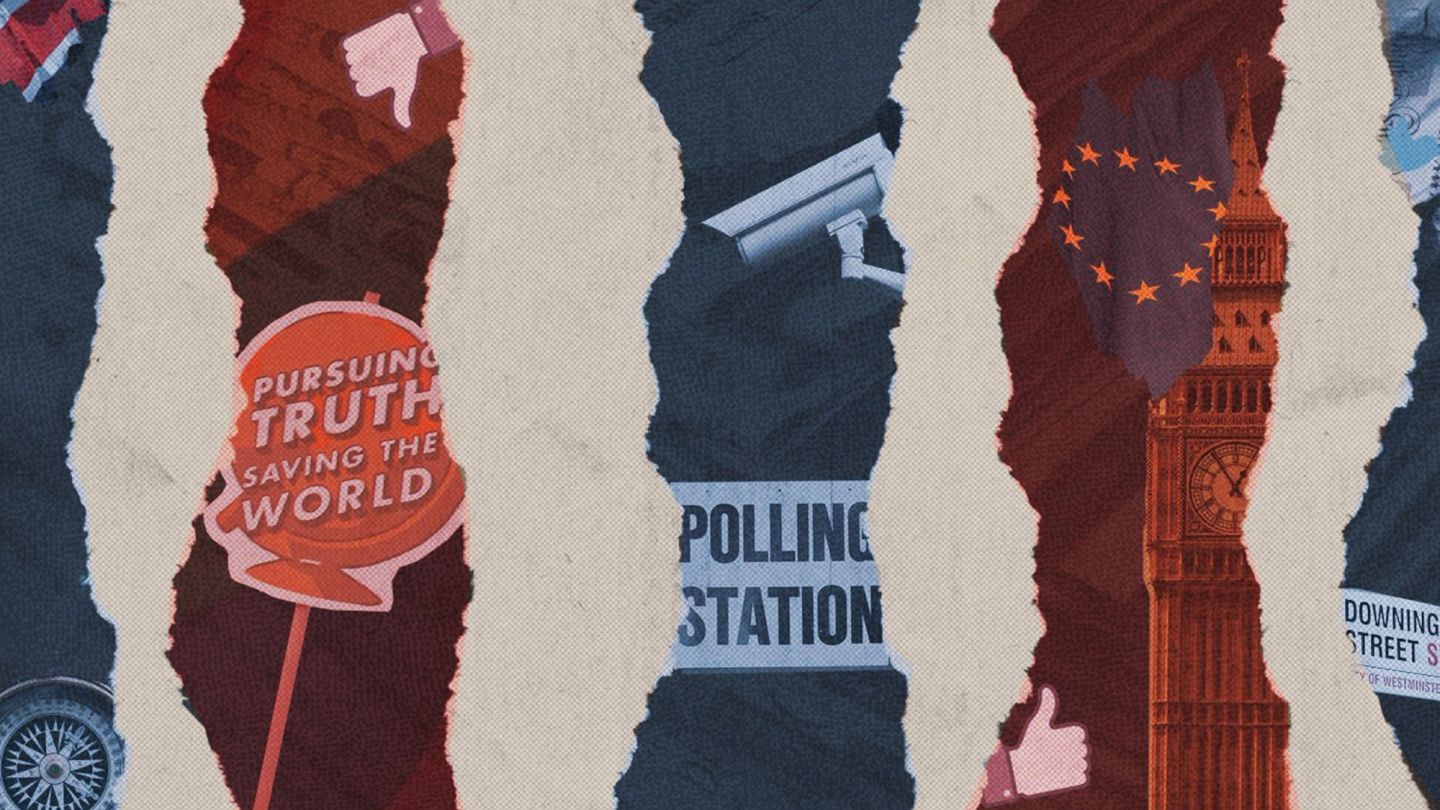

Words: Zoe Dickens
What a difference a week makes. While last Friday we were all looking forward to our usual weekend trip to the pub, just seven days later the majority of us are avoiding leaving our homes for all but essential trips. While the escalation of the coronavirus pandemic has, undoubtedly, been scary it is all part of the government’s plan to prevent the spread of the disease and, hopefully, get life back to normal as soon as possible. Here’s what you need to know about the new rules of life under coronavirus…
Public health advice
The Covid-19 situation is an ever evolving one so for the latest advice check the NHS website. Boris Johnson is also holding daily televised press conferences with details on the latest developments every afternoon.
For now, the UK’s social distancing measures do not extend to a full lockdown, as seen in Italy and China, but the government does advise everyone stays at home as much as possible. Employers are asked to allow staff to work from home where possible while pubs, restaurants, clubs, gyms, theatres, cinemas and other social spaces have been ordered to close from 20 March. While it is important to try and leave your home to get regular exercise and fresh air, try and maintain a two metre distance between yourself and others at all times. If you or anyone in your household exhibits symptoms of coronavirus (coughing, fever or fatigue) you must all quarantine for 14 days; if you fall into vulnerable categories, including the elderly or those with respiratory problems, you should call 111 for further advice. You can find tips for managing stress and anxiety during the coronavirus pandemic here.
From Monday (23 March) all schools in England, Scotland and Wales will close for the foreseeable future. However, as the usual school holiday support systems for working parents – grandparents, day care centres and nurseries – are either also closed or unsuitable due to virus vulnerability, the government has allowed the children of parents working in certain professions to go to school. These include anyone in healthcare, education, food, law enforcement, transport and utilities, as well as essential figures in local and national government, public service journalists and those required to run the justice system.
Support for the NHS
Much of the public health advice outlined above has been given in order to delay the spread of disease and prevent the NHS becoming overwhelmed. However, the case load is expected to increase dramatically over the next few weeks and the government has outlined a number of measures to try and support it through this period. 65,000 recently retired nurses and doctors have been asked to resume work to help boost frontline staff while it has also pledged to up daily coronavirus tests to 25,000 per day. It has also shipped 2.6 million face masks and 10,000 bottles of hand sanitiser to hospitals since Wednesday.
The government has also appealed for everyone from fashion brands to car manufacturers to help manufacture more crucial medical equipment, including ventilators and protective suits. Health Secretary Matt Hancock also confirmed the government has purchased a test that can detect whether someone has had the disease – and if they are immune to it – but it is not clear when or how this is to be used.
Business and the economy
It has, inevitably, been a turbulent time for the economy, with the hospitality, entertainment and travel sectors hit hardest by advice for consumers to stay at home. However, on Wednesday chancellor Rishi Sunak pledged a multi-billion pound package to try and prevent companies going under and avoid lay offs wherever possible. This included £330 billion in state-backed loans, a business rates holiday for firms in the hospitality sector and non-repayable funding grants of £10,000 to £25,000 for small businesses.
However, talks with business groups and unions resulted in further help with the chancellor announcing on Friday that the struggling businesses could apply for the coronavirus job retention scheme. This scheme would see the government cover 80% of salaries for those not working due to coronavirus who had not been laid off, up to £2,500 per month. In response to the economic pressures, the Bank of England has also cut interest rates to 0.1% – the lowest level in its history.
Big banks have also set out plans to allow mortgage holidays for those struggling to pay due to the Covid-19 pandemic, as per Rishi Sunak’s instructions this week. Payment holidays will be allowed for up to three months, however, interest accrued during this time will still have to be paid eventually and they will be granted on a case-by-case basis, with banks arguing this is not the best course of action for every homeowner. Banks have also stated that the scheme will not extend to buy-to-let mortgages and is designed as a temporary solution, with those suffering a permanent reduction in income unlikely to be granted a payment holiday. However, they have made clear that the credit ratings of those given holidays will not be affected.
The Coronavirus Bill
On Friday the government published details of the Emergency Coronavirus Bill – a new set of legislations that will give it powers to contain the spread of the virus. Among these are the ability to shut down the UK’s ports and airports and giving police the right to detain people suspected of having Covid-19, as well as new powers across social care, the NHS, schools, local councils, funerals and courts. It also scraps regulations in some areas should mass staff shortages occur in public services. All powers granted in the bill are limited to two years.
Stay informed – we debunk the most prevalent coronavirus myths…
Join the Gentleman’s Journal Clubhouse here.


